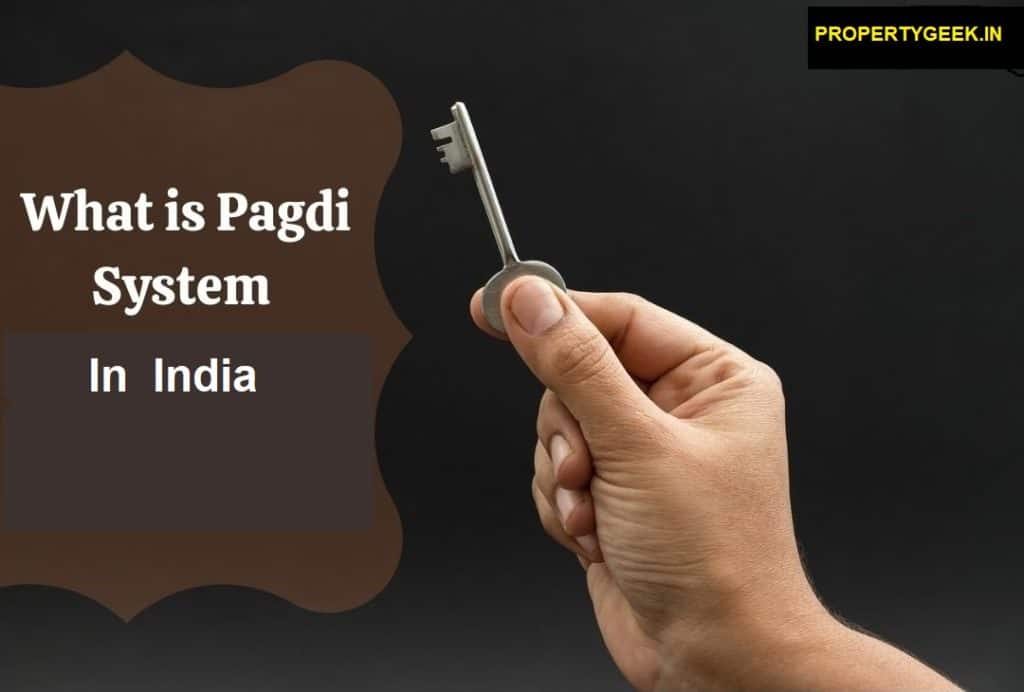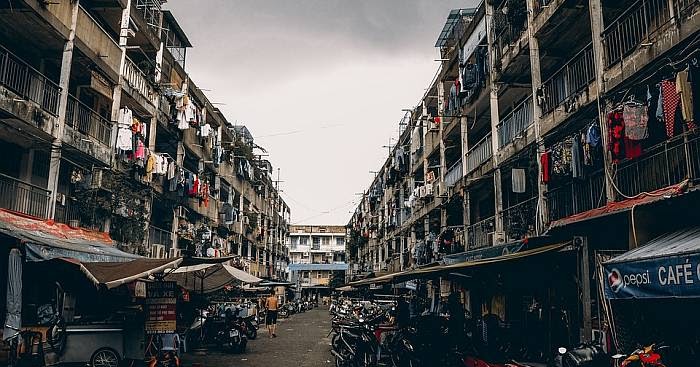Property Geek
We provide the actual and accurate information with unbiased user driven reviews to our viewers, to help them see the best and find the best!
View posts
When it comes to housing, one of the most prevalent and long-standing practices, has been the ‘pagdi’ system. A popular practice, India saw that the pagdi system gathered speed during the British rule. Metropolitan cities like Mumbai, Kolkata, and Delhi have been practicing the pagdi system for years and even today, and it is estimated that there can be over 7.5 lakh pagdi homes in Mumbai.

A pagdi system is a form of tenancy that flourished in the yesteryears because, in the pre-independence era, there was no requirement to get into a contract with the owner of the property or landlord for a lease. Rent receipts took care of the entire process. Year after year, the rent would remain the same, as though it has never been impacted by inflation.

As per the Maharashtra Rent Control Act 1999 which came into effect on March 31, 2000, the system was made legal. Section 56 of this Act deemed it legal as it reads as follows:
Therefore, a landowner or landlord can confer a kind of ownership to the tenant for a deposit of money. The meaning of this partial ownership is that the tenant has a certain right over the property but not over the land. In such a case, the part-owner can even sublet the premises but the rent that he/she gets must be split between the actual owner or landlord of the property and the part-owner that is, the first tenant. Because of such a provision, the original owner will get to earn a little extra.
Advocate Anshuman Jagtap says, in the case of a NOC there is no prescribed law about the charges to be paid to a landlord. If you want to sell the property you bought under the pagdi scheme. It only prescribes that before transferring your tenancy you must seek prior consent on behalf of the landlord or of the landlord. Usually, the part-owner gives some part of the sale proceeds to the landlord or original owner. As per market practices, this portion is 33% but it can be less or even more. However, there is no such thumb rule.

The government under the Real Estate Regulation (and Development) Act, 2016 (RERA) even wishes to bring the deceased properties controlled by the Pagdi System and provide the tenants with protection and rent security. The Maharashtra Housing and Area Development Authority (MHADA) which receives taxes from these buildings or properties has taken the onus to redevelop these structures.
In Mumbai, around 16,000 properties are cessed for repairs, including the Pagdi properties.
The government has been contemplating bringing pagdi properties under RERA or the Real Estate Regulatory Authority, which will be providing the same benefits and protection to home buyers which are available for regular properties.
As per the current understanding, tenants in a pagdi property are the co-promoter of the project. Given that most of them are old properties, there is a requirement to redevelop such units. Once a pagdi property comes under the jurisdiction of the Real Estate (Regulation and Development) Act (RERA), such tenants are entitled to compensation if the project is delayed. As of now, the MHADA, or Maharashtra Housing and Area Development Authority collects a tax from such tenants and also provides help with the repairs of such units or pagdi properties.
The Maharashtra government in 2019, allowed a discounted additional FSI or Floor Space Index to developers who are willing to undertake redevelopment of pagdi properties. However, for the Brihanmumbai Municipal Corporation (BMC) this would result in a 50% revenue loss and a final decision is yet to be taken.
According to the BMC’s guidelines in 2018, those who have been living in non-cessed buildings before June 13, 1996, are eligible for new flats if the building is being redeveloped. Even if the tenant had already transferred the ownership legally and formally, the new occupant would also be eligible.
The DCPR or Development Control and Promotion Regulations aim to encourage redevelopment of pagdi buildings by incentivizing it. If at all the real estate developer undertakes redevelopment of two to five pagdi buildings, they would be eligible for a 60% incentive FSI. The FSI incentive could go up to 70% if there are more than five buildings.

While the owner of the house or landlords and tenants might have avoided taxes, it is not the legal way out. Then how does this help? After World War II in 1940s Europe, such rent control was purposely adopted in order to do away with any kind of speculation in terms of property pricing. In India, too, the rent control act served the same purpose. In short, the pagdi system has helped in keeping prices in check and speculation under wraps which assures people of affordable housing.
The Pagdi system is a rental model which is widely prevalent in India. But it is different from the typical renting arrangement. In the Pagdi system, even the renter is the co-owner of the property. According to the Maharashtra Rent Control Act 1999 which came into practice on March 31, 2000, this system was made legal.
In the pagdi system, the tenant has some rights over the property, but not over the land. The tenant may even sublet the premises or even sell the property, by giving a share to the owner.
As per the Maharashtra Rent Control Act 1999 which came into effect on March 31, 2000, the system was made legal.
Banks need the assurance that there is a legal right to liquidate the property, in case of default. It will be against the principles of the bank if a load is granted in the absence of this factor.
In order to convert a property from the Pagdi system to ownership, the tenant needs to approach the landlord. If he/she is ready to convert the property then the tenant has to surrender the tenancy rights.